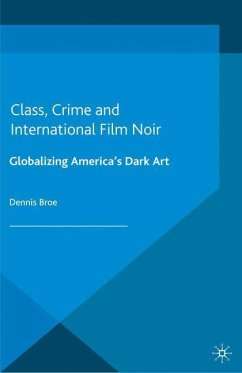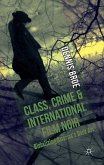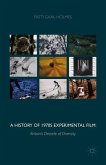Class, Crime and International Film Noir argues that, in its postwar, classical phase, this dark variant of the crime film was not just an American phenomenon. Rather, these seedy tales with their doomed heroes and heroines were popular all over the world including France, Britain, Italy and Japan.
'Broe's American Workers and Postwar Hollywood argued that American film noir expressed the plight of American workers between WW II and the Cold War, under the persecution of corporate capitalism. For Broe, the dark stylistics and plots of American film noir express the despair of defeated American workers in unionized struggles against corporate power. The present book extends that argument to France, Britain, Italy, and Japan. Broe argues that the postwar noir films produced in these countries are even more clearly a feature of the class struggle and American corporate power in these foreign economies. Le Quai des Brumes and Le Jour se Lève (French poetic realism), Bitter Rice (Italian neorealism), Night and the City (British social realism), and The Bad Sleep Well (Japanese noir) all critique international capitalism and its triumph over workers' interests. The argument is coherent, and the research gathered to support this thesis is extensive. Broe's argument is that film noiris a form of protest against socioeconomic conditions rooted in historical factors. For a different analysis of film noir, see Robert Pippin's Fatalism in American Film Noir (2012), which argues that noir is surrounded by social conditions but rooted in the human condition.' - R. Ducharme, Mount Saint Mary's University








